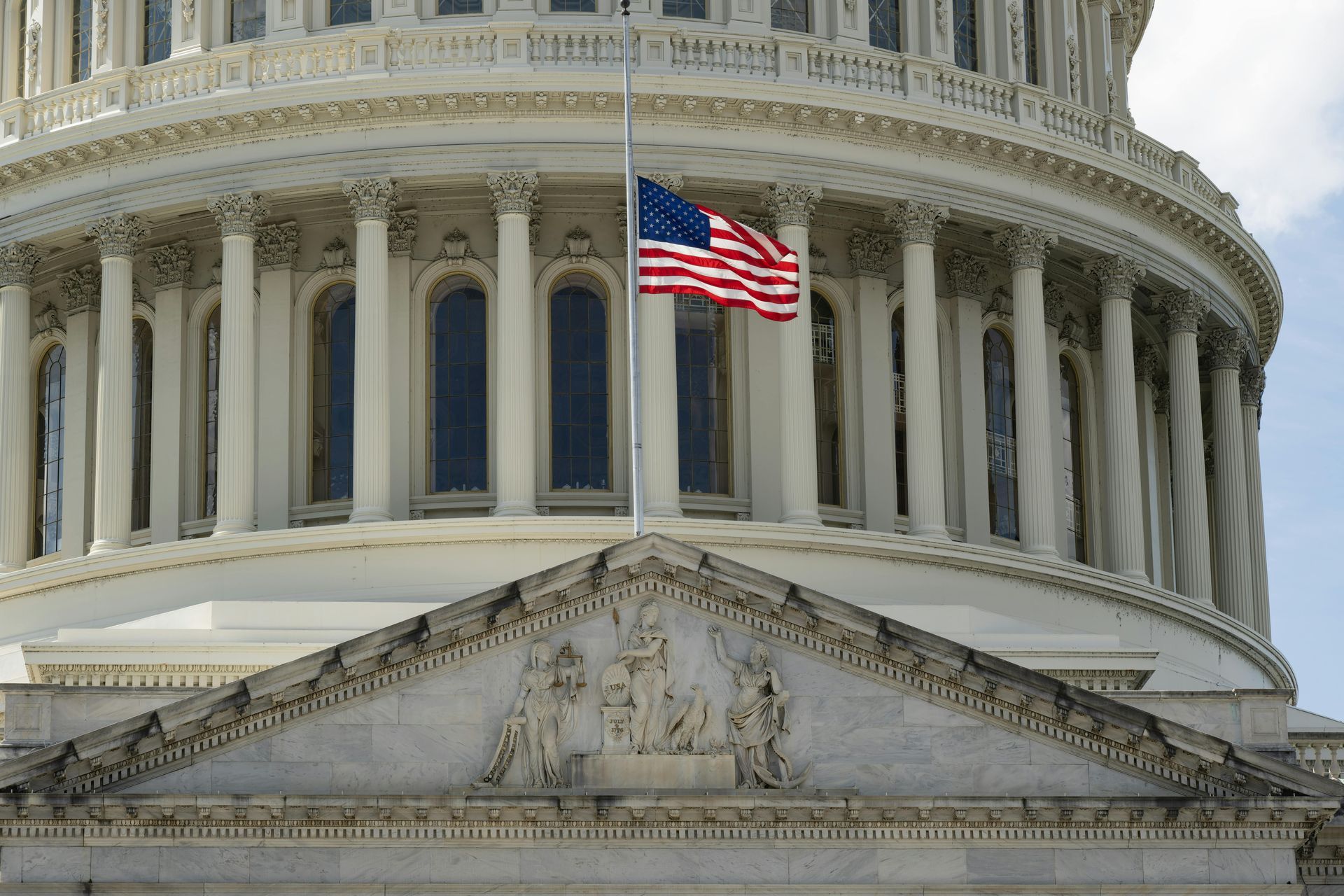Plan B: Vías alternativas de empleo en EE.UU. para estudiantes internacionales F-1 que no consiguen visa en lotería del H-1B
Click here to read this article in English

Prepárese para la temporada de regreso a clases
Para los estudiantes que buscan oportunidades de empleo en Estados Unidos, matricularse en un programa académico que ofrezca Formación Práctica Curricular (CPT) de primer día es otra opción viable. Esto permitiría a los estudiantes empezar a trabajar inmediatamente, incluso mientras continúan sus estudios. Además, los estudiantes que ya han conseguido una oferta de trabajo pueden trabajar en CPT mientras esperan el resultado de su petición H-1B en el límite anual. Para aprovechar al máximo este período ampliado, sería prudente inscribirse en la lotería del tope H-1B antes de que expire el período OPT.
Considere el visado L-1 si trabaja para una multinacional
Como opción viable para los profesionales que buscan un empleo a largo plazo en Estados Unidos, trabajar para una multinacional en el extranjero durante un año seguido de un traslado dentro de la empresa mediante un visado L-1 puede ofrecer numerosas ventajas estratégicas. El visado L-1, diseñado específicamente para este tipo de traslados, permite a los empleados de empresas multinacionales trasladarse a una filial, subsidiaria o matriz estadounidense. El visado L-1 se caracteriza por ser un visado de doble propósito que permite la flexibilidad de buscar tanto oportunidades de trabajo y estudio temporales en el país, como la residencia a largo plazo. También tiene un periodo de validez de 5 a 7 años. Aunque esta vía requiere que la persona trabaje en el extranjero durante un año, puede resultar una valiosa solución a largo plazo para trabajar en Estados Unidos.
Visado TN para ciudadanos canadienses y mexicanos
El visado TN es una categoría de visado de no inmigrante que permite a los ciudadanos canadienses y mexicanos trabajar temporalmente en Estados Unidos en determinadas ocupaciones profesionales, enumeradas en el Acuerdo Estados Unidos-México-Canadá (USMCA). Los requisitos para obtener un visado TN incluyen una oferta de trabajo de un empleador estadounidense, un trabajo preestablecido a tiempo completo o parcial en una de las profesiones elegibles, una licenciatura o su equivalente y una prueba de cualificación profesional. El periodo de validez de un visado TN varía en función de la duración de la oferta de trabajo, pero puede expedirse por un máximo de tres años y renovarse indefinidamente.
Empresarios e inversores
Para quienes son más emprendedores, los visados E-1 y E-2, por su parte, están diseñados para personas dedicadas al comercio internacional con EE.UU. Estos visados permiten a su titular trabajar en EE.UU. al tiempo que realiza un comercio sustancial entre EE.UU. y su país de origen. Cada uno de estos visados ofrece oportunidades y requisitos únicos, y es importante consultar con un abogado de inmigración para determinar cuál es el que mejor se adapta a sus circunstancias individuales.
Solicitar un permiso de trabajo para dependientes
Para las personas casadas, las opciones de visado para cónyuges también pueden ser una alternativa viable. El Documento de Autorización de Empleo (EAD) H-4 permite a los cónyuges elegibles de titulares de visados H-1B obtener permiso para trabajar en EE.UU. siempre que el cónyuge principal tenga un I-140 aprobado. Por su parte, los visados dependientes L-2 y E-2 son opciones para los cónyuges de titulares de visados L-1 y E-2, respectivamente. A diferencia del H-4, que requiere que el cónyuge principal H-1B tenga un I-140D aprobado, los cónyuges L-2 y E-2 se consideran autorizados para trabajar y no necesitan solicitar un documento de autorización de empleo. Estos visados para cónyuges pueden suponer una importante fuente de ingresos y apoyo para la familia mientras el titular principal del visado se establece en EE.UU.
Conclusión
Es importante que los estudiantes consideren todas sus opciones y trabajen con un abogado de inmigración con experiencia para determinar el mejor curso de acción. Si bien el límite H-1B puede ser un proceso frustrante y difícil, todavía hay caminos hacia el éxito para los estudiantes internacionales. Con una planificación cuidadosa y perseverancia, los estudiantes pueden lograr sus objetivos y construir una carrera exitosa en los Estados Unidos.
Descargo de responsabilidad: Este artículo tiene únicamente fines informativos y no debe considerarse asesoramiento jurídico. Se recomienda encarecidamente buscar el asesoramiento de un abogado de inmigración antes de tomar cualquier decisión.
Flavia Lloyd
Similar Posts








